TYPES OF MERINGUE
All meringues have the same base of egg white and sugar. However, there are different methods of making meringue which each produce a different result.
French meringue. This is the one we are most familiar with. Egg whites whip to soft peaks, gradually spooning in caster sugar to form stiff peaks. This meringue is baked, and can be piped into a variety of shapes. Once baked, it will give you a light, crisp meringue. Some prefer meringues soft, while others prefer a crisp shell with a chewy middle.
Italian meringue. Although this is made from the same ingredients, Italian meringue is very different. In a pot over a medium heat, heat a sugar syrup (sugar and water) to 121°C using a sugar thermometer. The egg whites are whipped to the foaming stage, then the hot sugar syrup is gradually added while the eggs are beaten on a high speed to give it a glossy texture. The hot sugar cooks the egg whites, making it safe to eat without baking. This is perfect for lemon meringue pies, buttercreams or mousses. Use a blowtorch or place under the grill to give it a toasted finish.
Swiss meringue. This is a firmer style of meringue made by stirring sugar and egg whites over a pot of simmering water until warm to the touch. The mix is removed from the heat and whipped to form a stiff meringue. It is a smooth, silky texture and is often used for buttercreams and cakes.
“I’VE GOT EGGS… THEY’RE MULTIPLYING”
The star of any meringue is the egg white! There are many factors that can affect a meringue, most notably the eggs.
Separating eggs. It is essential to not allow any yolk into the meringue mixture. Separate eggs by cracking the egg and rocking the yolk between the two shell halves, allowing the egg white to fall into the bowl. Or, crack the egg into your hand, slightly separate your fingers and allow the egg white to spill into the bowl while still holding the egg yolk. If any yolk gets into the egg white, it will not whip properly.
Keep it fresh. Fresh eggs work best for meringue. The proteins in fresher eggs are stronger, giving the meringue more stability. Older eggs will still whip up and will give you a greater volume but won’t give you as much structure as fresher eggs. When whipping fresh egg whites, it may take a little longer to break down the proteins but it will be worth it in the end.
Keep it room temperature. For almost any baking, room temperature eggs are a must. Egg whites will whip up much faster than colder eggs and they will also give better volume. The ideal temperature to whip meringues at is 21°C. If you do store your eggs in the fridge, allow them to sit at room temperature for 30 minutes before whipping.
Did you know? Humid temperatures cause the meringue to take longer to dry out. If you are making Italian meringue, add a teaspoon of cornflour to the sugar to absorb moisture.
GETTING IT RIGHT
Keep it grease-free. Your bowl and utensils need to be spotlessly clean and dry — meringues are very sensitive and do not like grease or moisture! Give any other utensils a good clean with soap and boiling water and make sure to dry them thoroughly.
Foaming on acid. Adding an acid like vinegar, lemon juice or cream of tartar helps meringues achieve stability and a crisp exterior and a soft, sticky inside.
Give me some sugar! Caster sugar is the go-to when making meringues, as the small grains dissolve easily. The sugar should be added gradually after the egg whites have formed soft peaks; if added too soon, it will take twice as long for the meringue to whip. Add the sugar a spoonful at a time, whipping between each addition. To ensure all the sugar has dissolved, rub some of the mix between two fingers. If it feels gritty, the sugar has not dissolved, so continue to beat.
The test. The classic test to see if your meringue is whipped to perfection is to hold the bowl over your head. If you don’t end up with meringue in your hair, then congratulations — you are ready to pipe!
It’s baking time. Meringues should be baked at a lower temperature for a long time. If the oven is too high, the heat will cause the air bubbles to rise too quickly and result in a cracked meringue. Baking at a higher temperature can also cause the sugar to caramelise, resulting in a golden brown colour instead of a crisp white meringue.
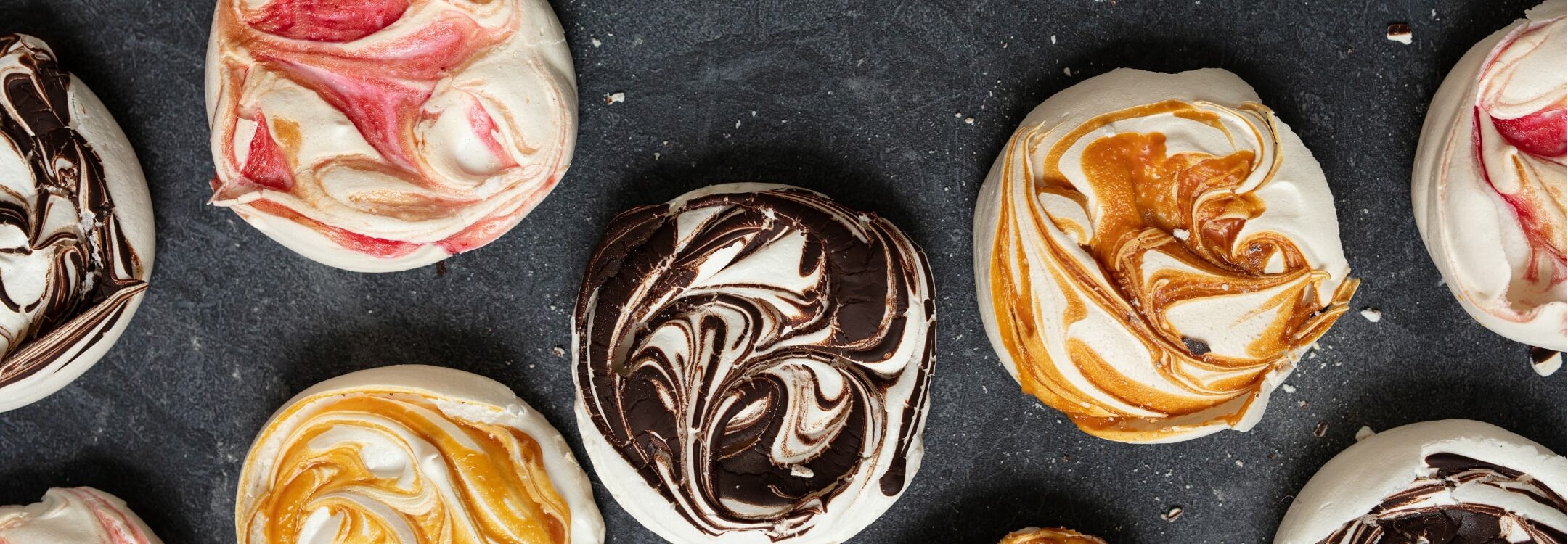
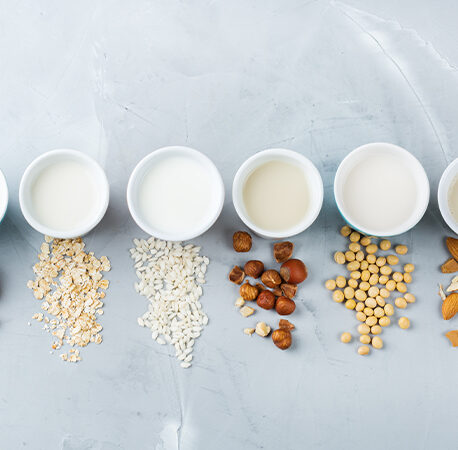

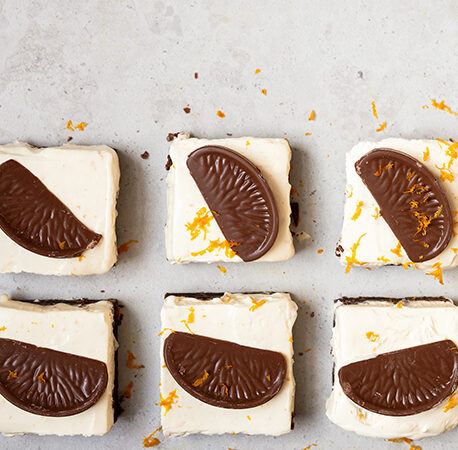
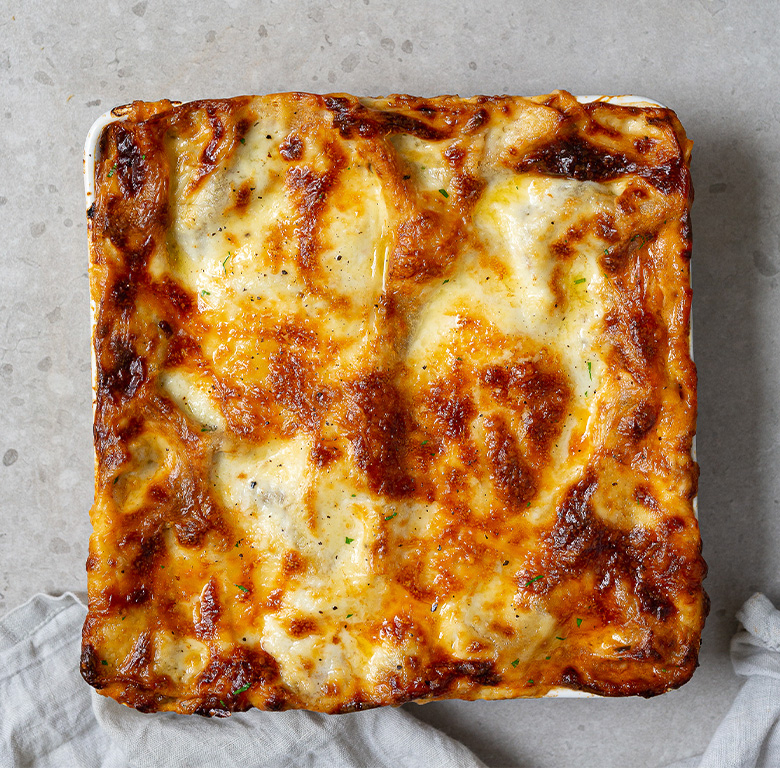
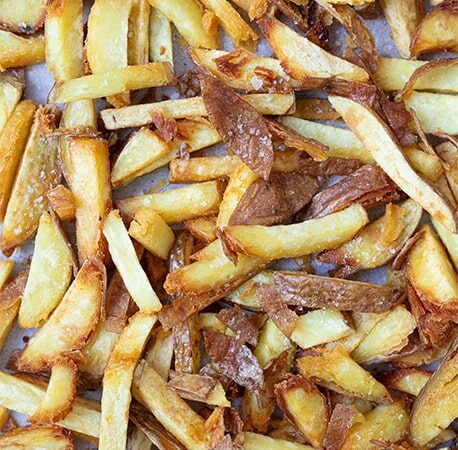
You have to be signed in to comment this post.